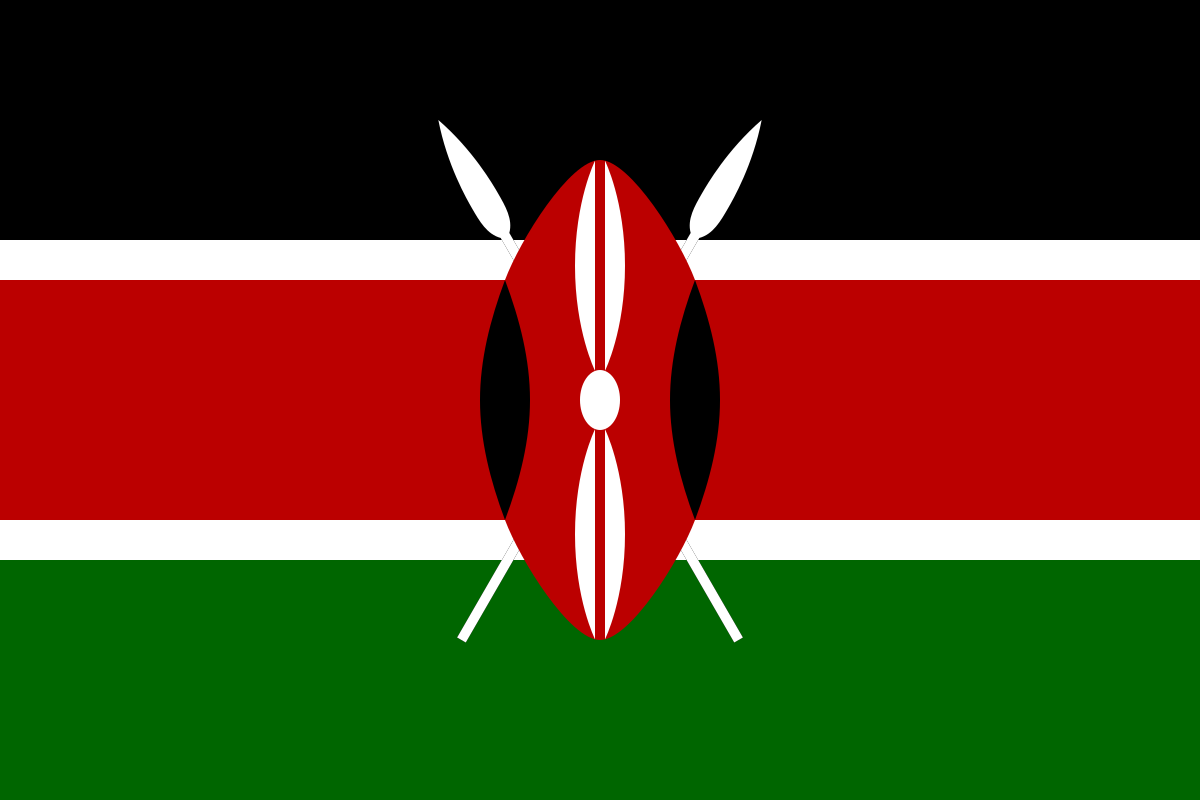- Details
- World
- 985
In the labyrinth of British politics, a new narrative is taking shape. The UK government intends to terminate contracts with 50 hotels currently housing asylum seekers by the end of January, a move that threatens to offload the £8m daily cost onto already strained local councils. This decision emerges as part of the government's broader efforts to tackle illegal migration and reduce the cost associated with processing and housing asylum seekers.
A Controversial Strategy
The government's decision to vacate these hotels comes amidst a 20% decrease in small boat crossings compared to the previous year. The strategy is two-fold: to return these establishments to their intended community use and to ease pressures on local services. But the plan is not without its detractors. Critics argue it will merely shift the burden onto local councils, already grappling with financial strain and housing shortages.
The Local Government Association (LGA), the national voice of local government in the UK, has warned that councils may have to house these asylum seekers in the very hotels the government is vacating. They call for additional funding and consultation in these decisions, underscoring the need for local authorities to be adequately equipped to accommodate these individuals. (Read Also: UK Government Report Warns of AI’s Potential Role in Terrorist Attacks)
Unveiling the Government's Plan
The government's plan involves relocating asylum seekers to other parts of the UK's asylum estate, including disused military sites and the Bibby Stockholm barge. This move is part of a wider strategy to reduce the backlog of asylum claims, and it comes hand-in-hand with the implementation of the Illegal Migration Act, designed to detain and promptly remove individuals entering the UK illegally.
Yet, the use of hotels for asylum seekers has been a contentious issue in the UK, with critics arguing it has not only impacted local tourism but also inflamed local tensions. The number of asylum seekers landing on the south coast of England has skyrocketed to over 45,000 last year, marking a staggering 500% increase in just two years. The government's plan to terminate hotel contracts is an attempt to address these challenges and lighten the financial load on taxpayers. (Read Also: The Rising Specter of Destitution Haunts the UK: A Deep Dive into the Crisis)
Balancing Act: Cost and Responsibility
The government's approach – to end contracts with hotels and provide alternative accommodations – is a delicate balancing act. As commendable as the efforts to address illegal migration and reduce the cost of processing and housing asylum seekers are, it is imperative to remember the human element in this equation. Asylum seekers are individuals who have a legal right to basic housing while awaiting a decision on their application.
They require suitable accommodations, and their welfare and rights must be safeguarded. Therefore, the government should engage in open dialogue with local authorities and stakeholders to ensure that the changes in accommodation arrangements do not result in negative consequences for asylum seekers or local communities. A comprehensive and collaborative approach could strike the right balance between managing the cost and fulfilling the UK's obligations to protect the welfare of vulnerable individuals seeking refuge. By Nimrah Khatoon, BNN








